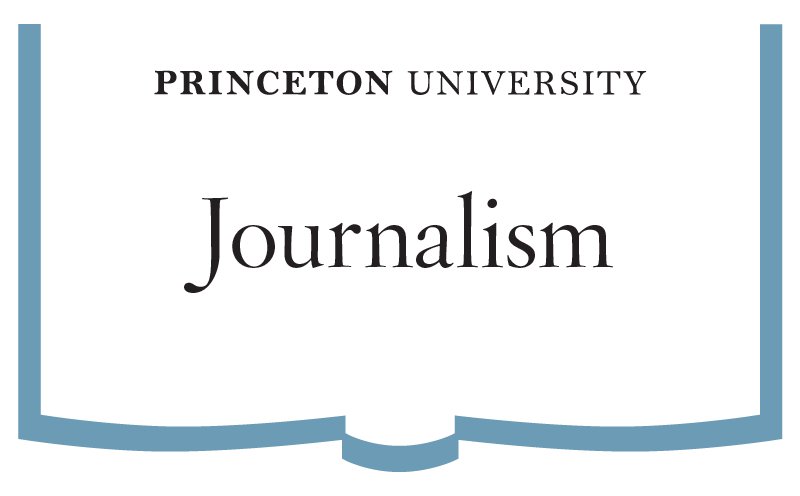By Lisa Kraege
Objectivity and the News: Reexamining Facts, Truths, and Fairness, a panel discussion hosted by the Program in Journalism on February 16, brought together journalists and professors for a lively, thoughtful conversation about objectivity and the current state of the news media.
Watch the full discussion here.
Joe Stephens, the director of the Program in Journalism, moderated the panel. He sketched out the debate around objectivity, from its adoption in the 1920s as a method of reporting to the discourse that has followed a June 2020 New York Times op-ed by journalist Wesley Lowery, in which Lowery argues for “moral clarity” over the preservation of an appearance of objectivity. In a time of polarization and disinformation, Stephens asked, “does the traditional manner of airing all credible arguments without comment still work, or does that risk amplifying lies? […] does journalism need a makeover?”
Kimbriell Kelly, the Washington bureau chief at the Los Angeles Times, answered affirmatively. Kelly claimed that the debate around objectivity is itself not objective. Offering as evidence her own experiences as an African American woman working in a predominantly white field, she said she found others quick to presume her incapable of being objective due to her race and gender. “If we turn the mirror around and look at ourselves as the media,” she said, “we are not inclusive enough. […] because what we’re saying is that objectivity matters, but the voices of people of color may not matter.”
Chair of the Department of Philosophy Gideon Rosen spoke next, observing that journalism is caught balancing between the inevitable individual bias to which all humans are subject and the cold, hard facts. “The facts are out there. They may be hard to know. We may disagree about them, but there is an objective real world,” he said, yet went on to explain that telling the whole truth is impossible. “Objectivity requires that you tell the truth but also that you do not mislead by omission, and you can do that even if everything you say is true.”
Joe Richman signaled skepticism of the term “objectivity.” It “smells like fear,” he said, “the fear of taking a side.” Richman, the founder and executive producer of Radio Diaries, thinks of “truth” instead, noting that while the audio formats in which he works are often more heavily edited than written news, listeners feel they are “more true” than other news media. Although recording 30 minutes of raw sound may be technically “more true” than turning hours of sound into a 30-minute piece, the latter better conveys the truth, he argued.
A Paris-based contributing writer at The Atlantic magazine, Rachel Donadio spoke about the ways in which the European news media landscape differs from that in the United States. She also stressed that much of the debate around objectivity is fundamentally affected by the “in distress” business model of journalism that revolves around traffic, which is largely driven by opinion. This introduces internal confusion and contradiction, she said, wherein mainstream media outlets must say “trust us for the news but come to us for the opinions.”
While nearly all of the panelists noted that they preferred to ask questions rather than offer answers, each expressed hope that the journalism industry could, and would, grow and develop through reevaluating what objectivity means today.
Chair of the Humanities Council Eric Gregory introduced the panel. The event was co-sponsored by the Department of English and the Department of Philosophy. The recording of the discussion can be viewed here.













